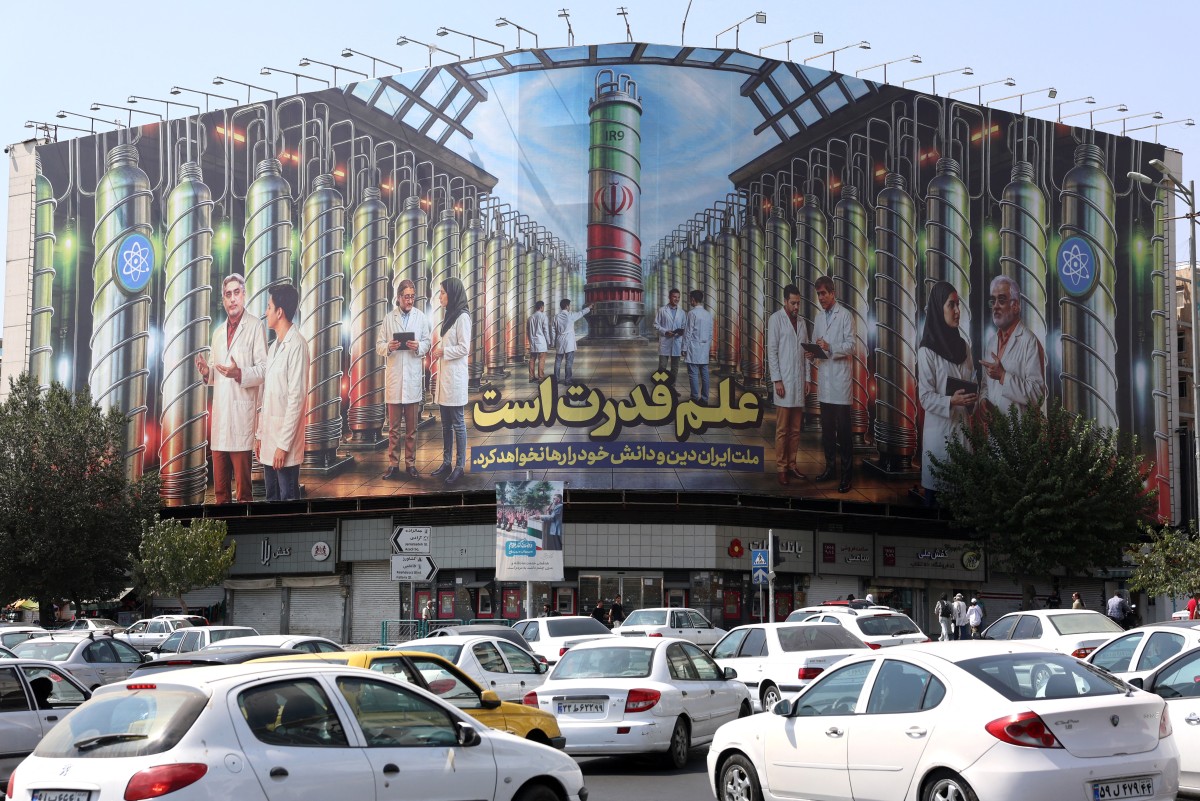For more than 46 years, since the birth of the Islamic Republic in Iran, its relations with the United States and Israel have been clouded by ambiguity—oscillating between hostility and coordination, confrontation and accommodation.
There is no need to delve into ancient history—such as Persia’s support for the Jews during the Babylonian exile—or even into modern turning points like Washington’s facilitation of Ayatollah Khomeini’s rise to power or the infamous Iran–Contra affair, when both the U.S. and Israel provided Iran with military assistance in its war against Iraq. Today, a simple observation of current events reveals how these three powers—Tehran, Washington, and Tel Aviv—can clash and converge simultaneously.
A Convergence on Palestine
Two levels stand out: the regional-international, revolving around the Palestinian question, and the domestic-local, centered on Lebanon.
In Palestine, an unsettling convergence emerges around the two-state solution. Iran rejects it outright, arguing that it cannot recognize Israel, and instead promotes a one-state formula reminiscent of the late Muammar Gaddafi’s eccentric concept of “Isratine”—a fusion of Israel and Palestine.
Israel, backed by Washington (at least for now), also refuses to accept an independent Palestinian state. Prime Minister Benjamin Netanyahu has staked his political future on blocking it, even at the risk of alienating much of the international community.
The irony is that these opposing justifications lead to the same outcome: no Palestinian state. For Tehran, an unresolved conflict ensures its continued leverage over the Arab and Islamic worlds. For Israel, it ensures security dominance. And under America’s watch, this unspoken alignment prevails.
Lebanon: A Crisis Without End
In Lebanon, the government’s decision to enforce the principle of “exclusive state control of weapons” and assign implementation to the army is paralyzed between two uncompromising stances: Iran’s rejection, embodied by "Hezbollah", and Israel’s demand for total disarmament under threat of a new war.
The overlap between these positions guarantees a prolonged deadlock. "Hezbollah"’s insistence on its arsenal—sanctioned by Tehran and even glorified by Supreme Leader Ali Khamenei as a “national treasure”—offers Israel an ever-ready excuse to continue its destructive military campaigns. Tehran, fully aware of this, plays into Israel’s hand, much as it does by rejecting the two-state solution.
"Hezbollah"’s rhetoric and actions add fuel to the fire. Beyond declarations of renewed combat readiness, the group provokes Lebanon’s state and society. The most recent example came during commemorations for its late leaders Hassan Nasrallah and Hashem Safieddine, when "Hezbollah" used Beirut’s iconic Raouche Rock as a propaganda backdrop—a move avoided even by the supporters of revered martyrs like Kamal Jumblatt, Bachir Gemayel, and Rafik Hariri.
The Bitter Reality
For those within Tehran’s orbit, it may be difficult to accept the reality of tacit collusion between Iran and Israel. Yet history—ancient and modern—shows repeated episodes of such interplay. Today, two victims bear the brunt of this paradoxical “enemy-allies” dynamic: Lebanon and Palestine.
The question is who can rescue them. The answer is unambiguous: only Washington holds the key. Suppose the United States were to extricate itself from the toxic geometry of the “triangle” and join—indeed, lead—the international consensus for a Palestinian state, while at the same time using diplomacy or pressure to curb Tehran’s grip on Lebanon. In that case, both victims might yet be spared further sacrifice.
Please post your comments on:
[email protected]
 Politics
Politics







